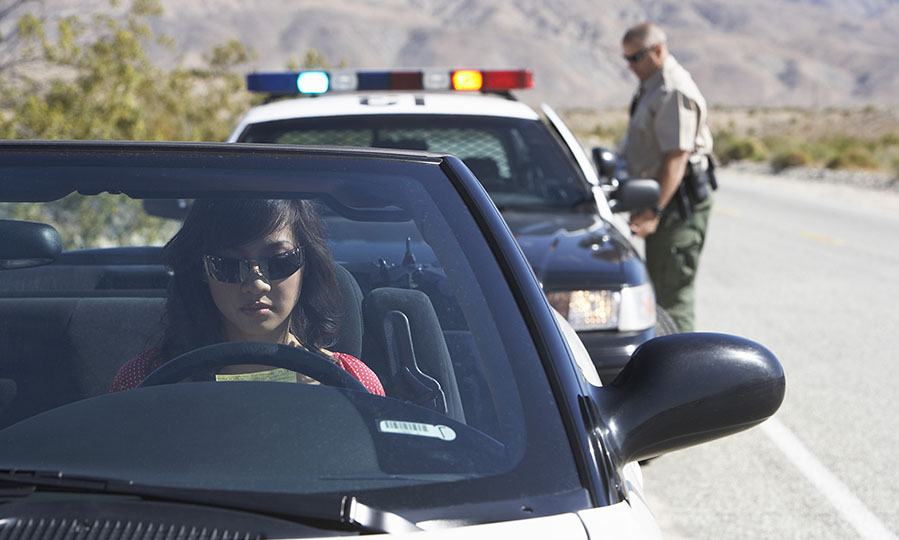Perhaps you feel as though you are sitting at a dead-end or you are on the verge of losing your driver’s license because of your DWI. There are countless lawyers in the state of Missouri that are capable of helping you through the legal process of challenging a DWI, but getting started can feel overwhelming, especially if this is your first DWI. There is any number of reasons why you could have ended up with a DWI in the first place, many of which do not involve being under the influence at all.
What Steps Should I Take to Challenge my DWI?
When you are faced with a DWI charge, finding an attorney should be on the top of your to-do list. Criminal defense lawyers such as Springfield DWI lawyers, partnered with credible law firms, can assess your case and lower your chances of facing jail time and a criminal record. In some cases, a DWI lawyer can prevent the loss of your driving privileges, too. A dedicated local attorney along with great remorse can lower your chances of facing harsh penalties in court. Not only can an experienced attorney fight for you in court, but they can also help to prove a variety of faults in court such as an illegal stop by an enforcement officer, inaccurate blood or breath tests, and even improper use of videos or dispatch tapes.
Reasons You Got a DWI Besides Being “Under the Influence”
The list of common reasons where drivers get DWIs is, ironically enough, full of circumstances that have nothing to do with being under the influence. Perhaps you suffer from a medical or health problem that impairs the use of your legs, arms, neck, back, or eyes, and your sobriety test results were affected. Maybe the weather was bad, resulting in swerving from high winds, low visibility, ice, or other harsh road conditions. Both standardized and non-standard sobriety tests come with their faults, and the test results are not always accurate. At times, even a driver that is dangerously fatigued can swerve and end up with a DWI.
What Laws Are Associated with DWIs?
In many places, the law states that driving while in an “intoxicated condition” is prohibited, and a DWI can result from the operation of any type of vehicle while intoxicated. When being tested for the presence of drugs, alcohol, or other controlled substances, the enforcement officer often tests the blood alcohol concentration (BAC) via breathalyzer, and if the BAC is .04% or higher for commercial drivers or .08% or higher for all other drivers, a DWI will be issued. The laws state that the maximum jail sentence is up to six months, but it is likely that, for a first offense, the person will face fines and possible driver’s license suspension as well as a hearing in court.
It’s Time to Challenge Your DWI
So, when you are charged with a DWI, keep in mind that you always have options. While searching for an experienced lawyer, be sure to assess your own situation to provide as much information as you can to your attorney. There are many laws involving alcohol-related charges, but the right lawyer may be able to help you get out with a clean criminal record and little to no jail time.






